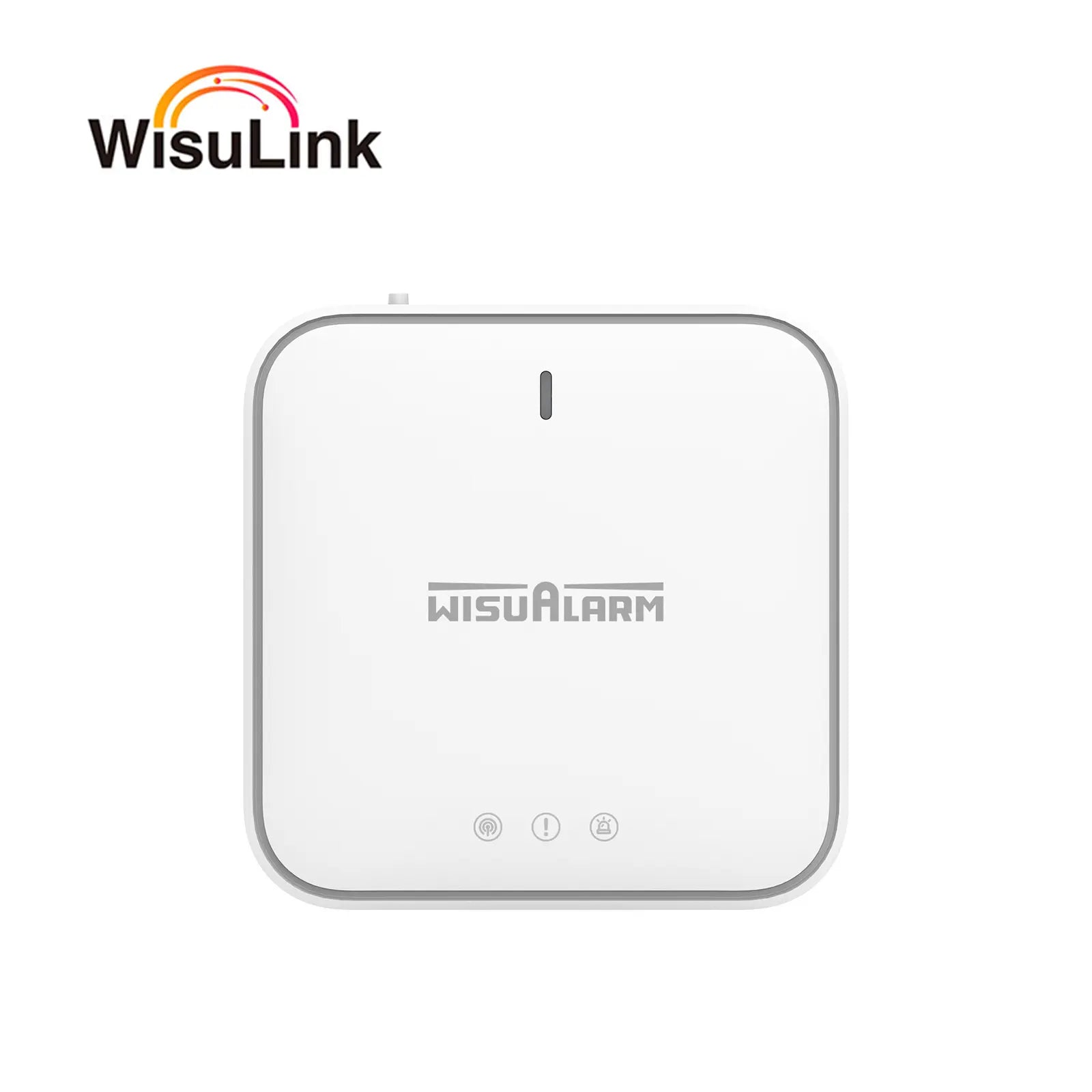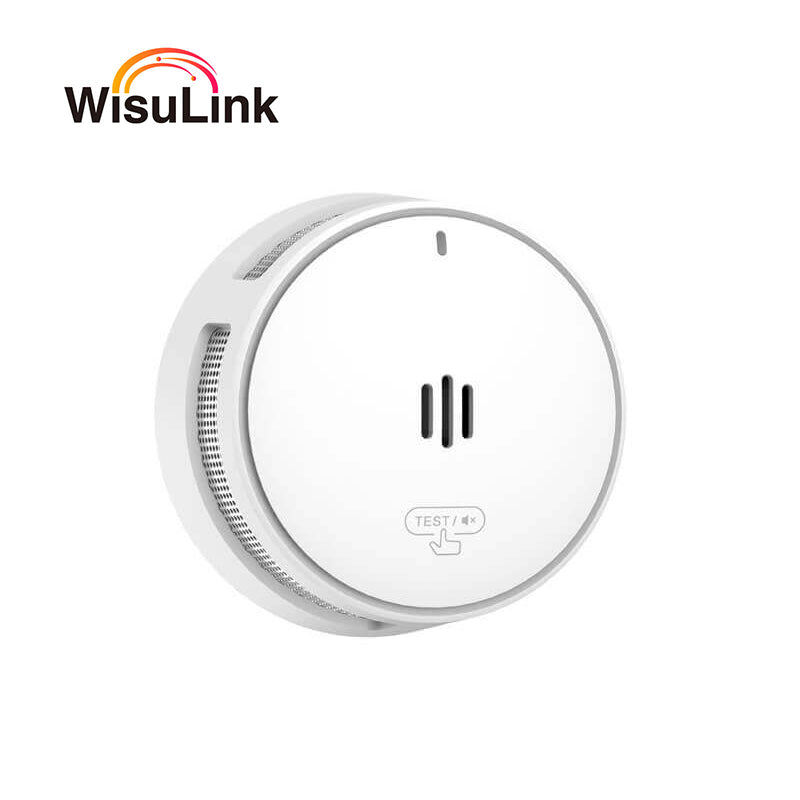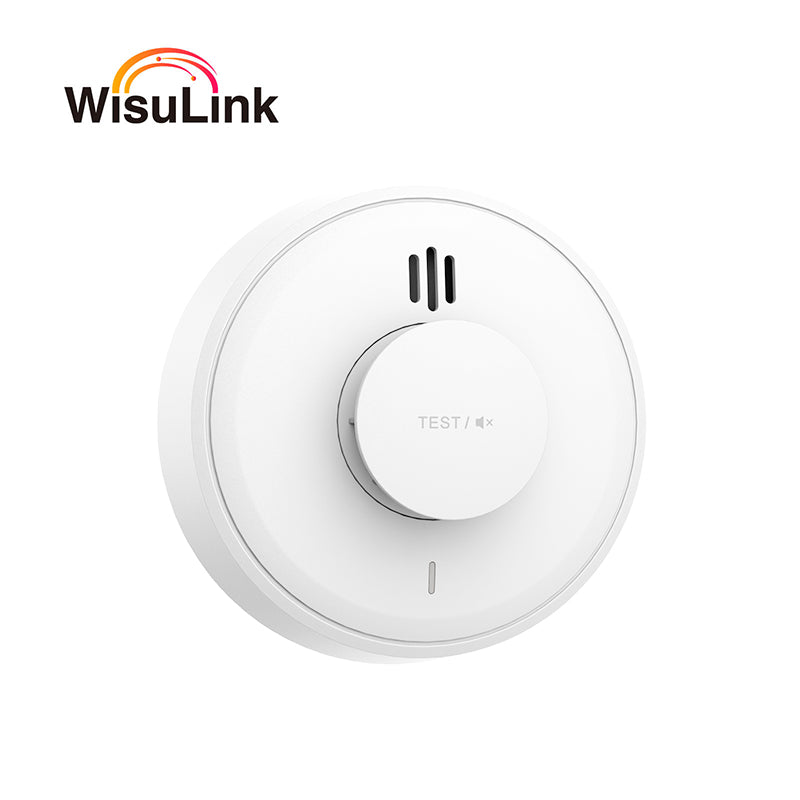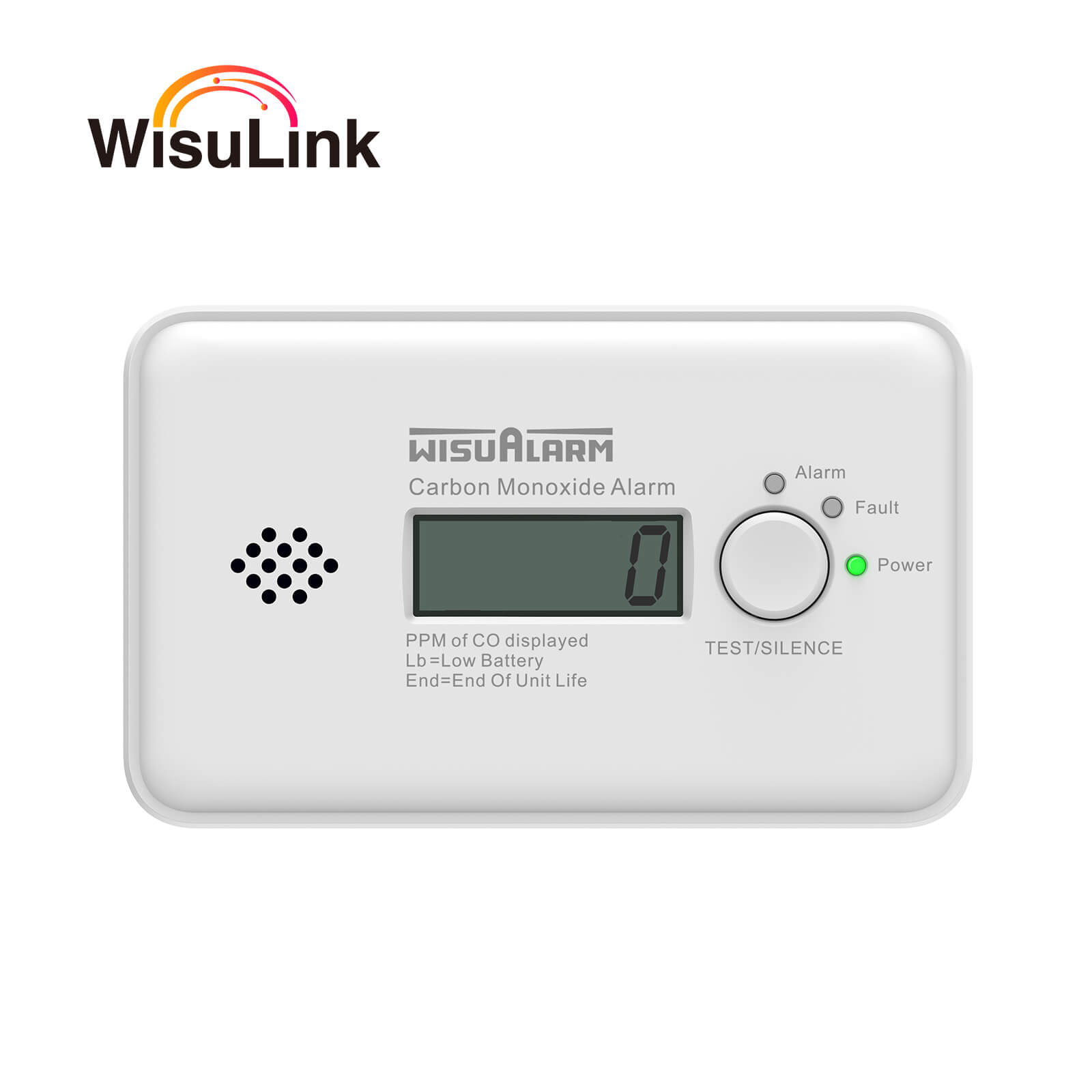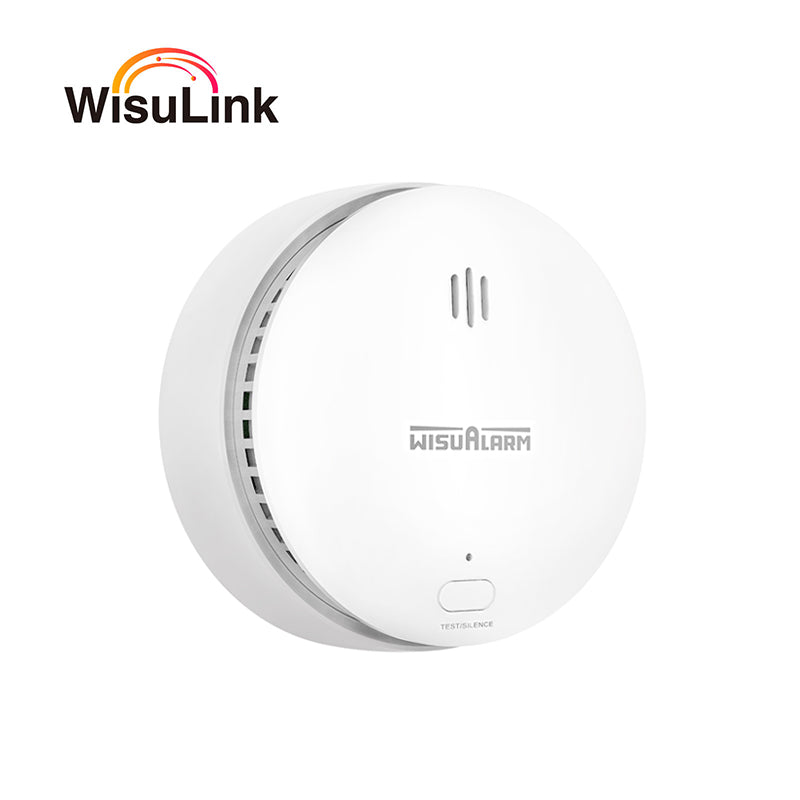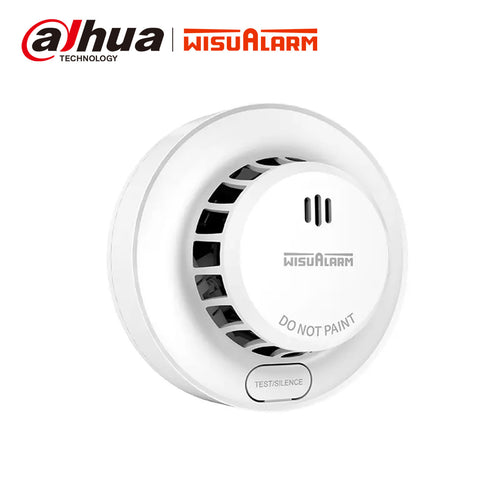When it comes to domestic fire safety, smoke detectors stand as one of the most effective life-saving tools—capable of cutting fire-related fatalities by providing early warnings when occupants are most vulnerable, such as during sleep. In Austria, the legal framework governing smoke detector installation balances national standards with regional variations, creating a nuanced landscape for property owners and residents. Understanding these requirements is not just a matter of compliance, but a critical step in protecting lives and property.
The Current Legal Landscape: Mandatory for New Buildings, Variable for Existing Ones
Austria’s approach to smoke detector regulation operates on two key tiers: national guidelines that set minimum standards for new construction, and regional rules that extend requirements to existing buildings in select areas.
At the national level, OIB Guideline 2 establishes a clear mandate: all new residential buildings must be equipped with smoke detectors . This requirement applies uniformly across all 9 federal states and covers both owner-occupied properties and rental units. The guideline aligns with European safety principles, recognizing that smoke detectors are most effective when integrated into a building’s initial design rather than retrofitted as an afterthought.
For existing buildings, the rules become more variable. As of 2025, only the federal state of Carinthia has imposed a legal obligation to install smoke detectors in pre-existing residential properties . In other regions—including Vienna, Lower Austria, and Tyrol—no such blanket mandate exists for older buildings. However, this does not mean smoke detectors are optional in a practical sense. Fire safety experts emphasize that over 50% of domestic fire deaths occur in properties without functioning smoke detectors, highlighting the gap between legal minimums and optimal safety.
Key Requirements for Compliant Installation
For properties subject to mandatory installation (new buildings nationwide and existing buildings in Carinthia), compliance hinges on following technical standards outlined in TRVB 122 S—the Austrian fire service’s official guide for smoke detector placement . Key requirements include:
- Location: Detectors must be installed on or near ceilings (avoiding "dead air zones" 300mm from walls or 500mm from ceiling peaks) and within 3 meters of sleeping area doors to ensure audibility . Multi-story buildings require at least one detector per floor.
- Technical Standards: Devices must meet ÖNORM EN 54-7, Austria’s rigorous standard for smoke detectors, which specifies sensitivity thresholds, false alarm resistance, and durability . This aligns with EU-wide safety benchmarks, ensuring compatibility and reliability.
- Lifespan and Maintenance: Regardless of battery type (replaceable or sealed), smoke detectors must be replaced every 10 years. The detection chamber degrades over time, reducing reliability even if batteries still function . Regular testing—monthly via the test button—is also recommended to ensure functionality.
Beyond Compliance: Risks of Non-Installation
Even in regions where smoke detectors are not legally mandatory for existing buildings, choosing not to install them carries significant risks:
- Insurance Implications: Austrian insurers may adjust premiums or impose deductibles for properties without smoke detectors . In the event of a fire, failure to have a functioning detector could even impact claim payouts, as insurers view it as a failure to mitigate risk.
- Civil and Criminal Liability: If a fire causes injury or death, property owners could face legal consequences for failing to take reasonable safety measures . Courts may determine that installing a smoke detector was a basic precaution, shifting liability to the owner.
- Increased Fatality Risk: Statistics show smoke detectors reduce fire deaths by up to 50% . In Austria, where 49% of households had detectors as of 2025 (up from 44% in 2021), the gap in protection for non-compliant homes remains stark .
Meeting Austria’s Standards: Wisualarm Smoke Detectors
For Austrian homeowners, renters, and property managers seeking reliable smoke detectors that meet national standards, Wisualarm offers a range of solutions engineered for safety and compliance. Backed by Dahua Technology’s expertise in smart IoT and fire detection, Wisualarm products combine cutting-edge technology with user-centric design—making them ideal for both new constructions and retrofits in existing buildings.
Key Features of Wisualarm Smoke Detectors
- ÖNORM and EU Compliance: All Wisualarm detectors meet EN 14604:2005 (the EU standard harmonized with Austria’s ÖNORM EN 54-7) and hold TÜV and CE certifications . This ensures they pass rigorous testing for sensitivity, durability, and false alarm resistance.
- Advanced Sensing Technology: Equipped with split-spectrum sensors, Wisualarm detectors distinguish between dangerous smoke and harmless airborne particles (like cooking steam or dust), minimizing false alarms while ensuring rapid response to real fires .
- Long-Lasting Power Options: Choose from sealed 10-year lithium battery models (ideal for renters or hard-to-reach locations) or mains-powered units with 1-year backup batteries (perfect for permanent installations) . Both options include low-battery warnings via LED flashes and audible beeps.
- User-Friendly Design: Features like an 85dB(A) alarm (audible through closed doors), one-touch test/silence buttons, and infrared remote control for silencing make operation intuitive . LED indicators clearly signal standby, alarm, fault, and low-battery status.
- Interconnectivity: Wireless models support interlinking of up to 24 units, ensuring that an alarm triggered on one floor alerts occupants throughout the entire property—a critical feature for multi-story buildings .
Why Wisualarm for Austria?
Wisualarm’s commitment to quality extends beyond compliance. The brand’s detectors are tested in state-of-the-art laboratories, including fire and smoke simulation tunnels, to ensure performance in Austria’s varied climatic conditions (from -10°C to +55°C operating temperatures) . With a global service network and Dahua’s reputation for reliability, Wisualarm provides not just a product, but peace of mind.
Final Thoughts
Austria’s smoke detector laws reflect a growing recognition of fire safety’s importance, but compliance alone is not enough to guarantee protection. For existing buildings in regions without mandates, voluntary installation is a life-saving investment. By choosing certified, reliable products like Wisualarm’s smoke detectors, Austrian residents can align with both legal requirements and the highest safety standards—ensuring their homes are protected, day and night.
Remember: Smoke detectors don’t prevent fires, but they give you the time to escape. In Austria’s fire safety landscape, that time could mean the difference between tragedy and survival.






